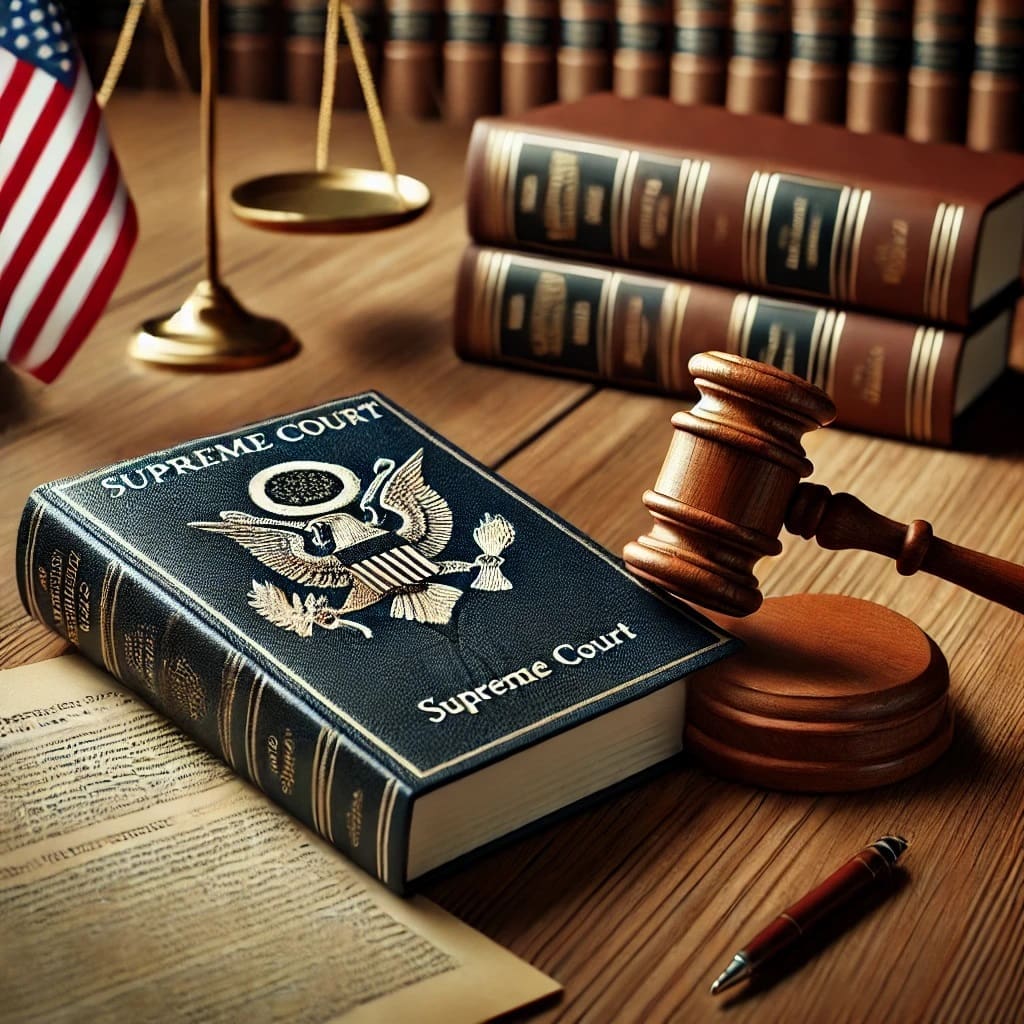Landmark Supreme Court Cases That Shaped Modern Due Process
The concept of due process stands as one of the most fundamental pillars of American jurisprudence, serving as a bulwark against arbitrary governmental action and ensuring that justice is administered fairly. Throughout our nation’s history, the Supreme Court has played a pivotal role in defining, expanding, and occasionally limiting the scope of due process protections. […]
Landmark Supreme Court Cases That Shaped Modern Due Process Read More »









